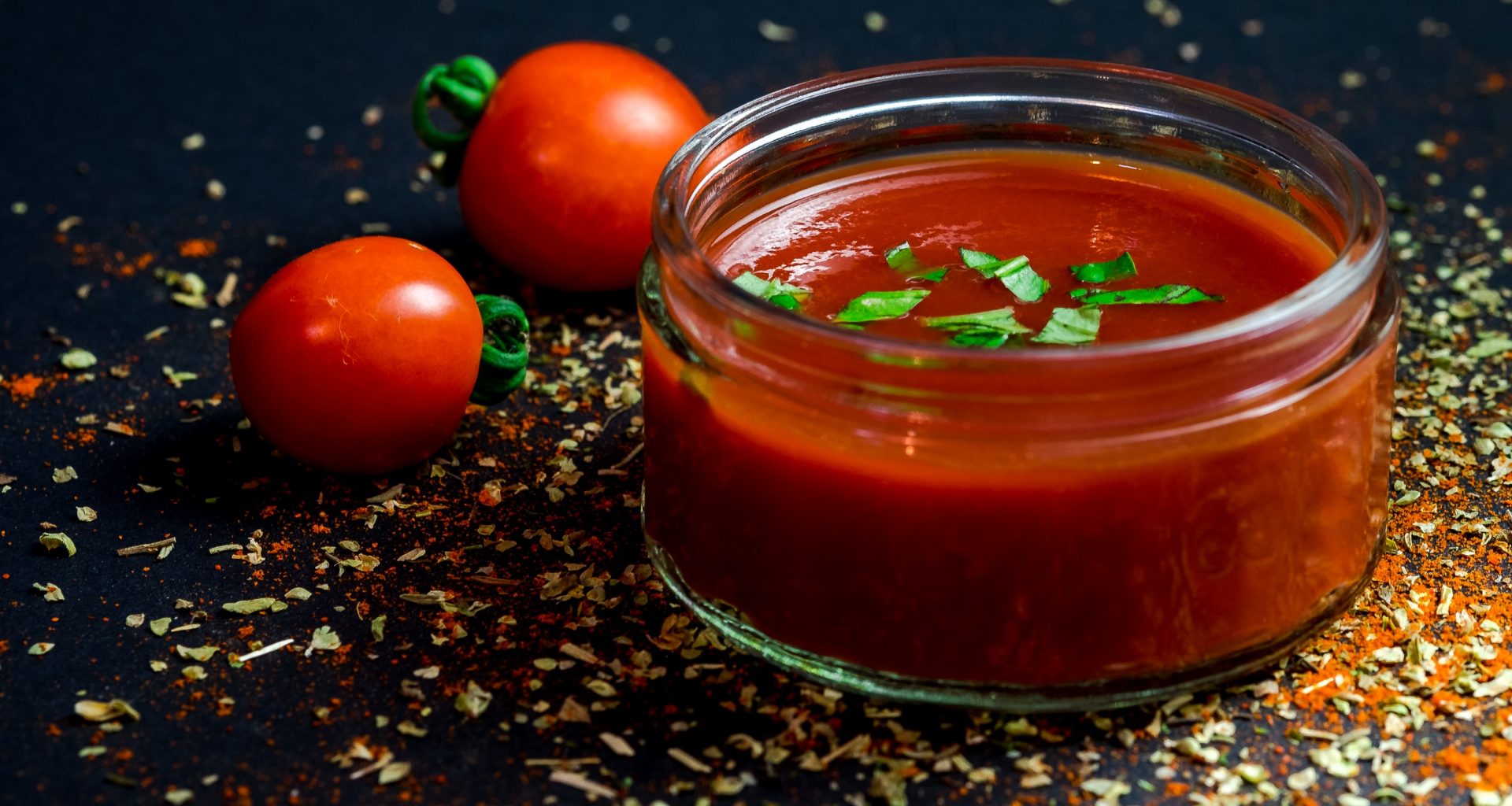Milk – it does the body good. Makes the bones strong and helps kids grow up to be big and tall. At least that’s what Hollywood wants us to think. Remember the famous Got Milk? commercials? They were directed by film mogul Michael Bay, most recently of Transformers fame, at the behest of the California Milk Processor Board. The commercials premiered in October 1993 and a year later, milk sales in California increased for the first time in more than a decade.
Over the course of its insane 21-year run, the Got Milk? ads would feature figures from David Beckham (“Goals by Beckham. Body by milk”), to Batman (milk’s “unique mix of nutrients can help athletes recover after exercise”) to Tyra Banks, whose print ad offers: “Girls, here’s today’s beauty tip: three glasses of milk a day gives you the calcium your growing bodies need. Tomorrow — what to do when you’re taller than your date.”
That last point in particular is a strong sticking point for Alissa Hamilton, author of the new book Got Milked? What you don’t know about dairy, the truth about calcium, and why you’ll thrive without milk.
Not the part where Tyra Banks isn’t exactly an authority to be handing out health advice, but that milk consumption is marketed as a requirement for children to grow up tall and strong.
Government-supported advertising campaigns like Got Milk?, and its previous iteration, “Milk: Does A Body Good,” and today’s “Milk Life,” have been so effective that people believe that milk is the best, if not only, source of calcium. Hamilton thoroughly attacks this claim in her new book.
Her book is a thorough analysis of government and industry efforts to encourage milk consumption and the author hopes to accomplish two goals: shoot down the notion that milk is in any way essential and to suggest food alternatives that are just as healthful (if not more so) than a serving of cow’s milk.
It’s a formidable task considering the central role of milk in the American diet.
But Hamilton has done this before. Her 2009 book, Squeezed, debunked the idea that store-bought orange juice is anything but cleverly marketed sugar water. The line of reasoning in both books is nearly identical: people have come to accept as fact what is actually marketing, and it’s high time we learned the difference.
“If Americans are calcium deficient,” Hamilton writes “it’s because advising Americans to obtain all their calcium from dairy isn’t working.” Put another way: our knowledge of milk is well past its best-before date.
Stay Connected